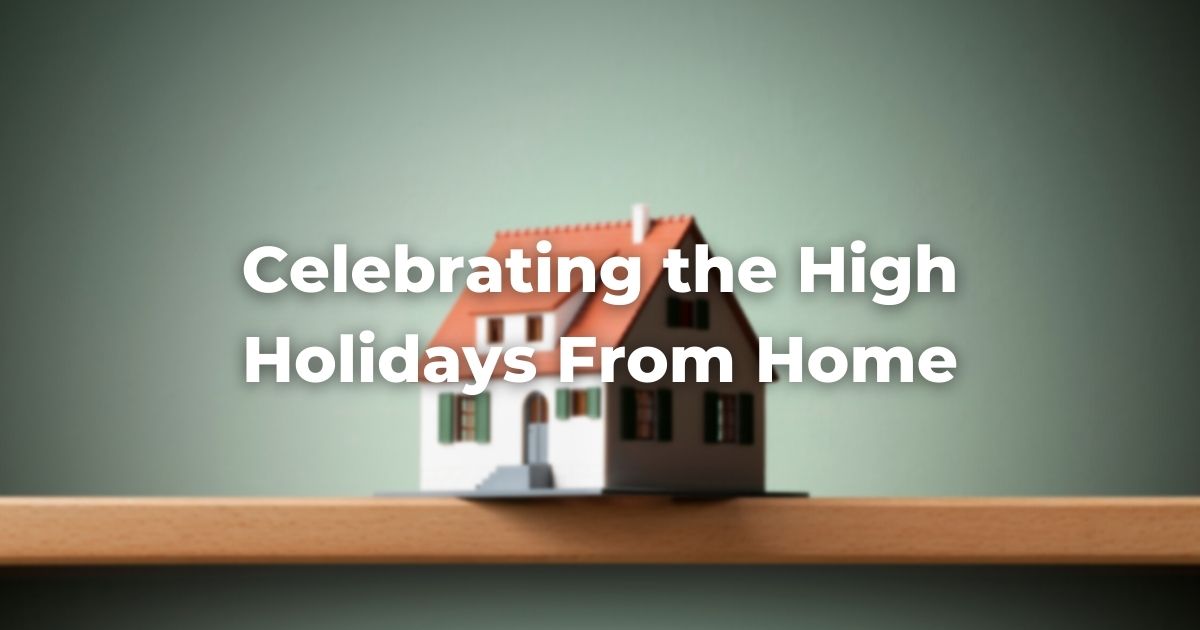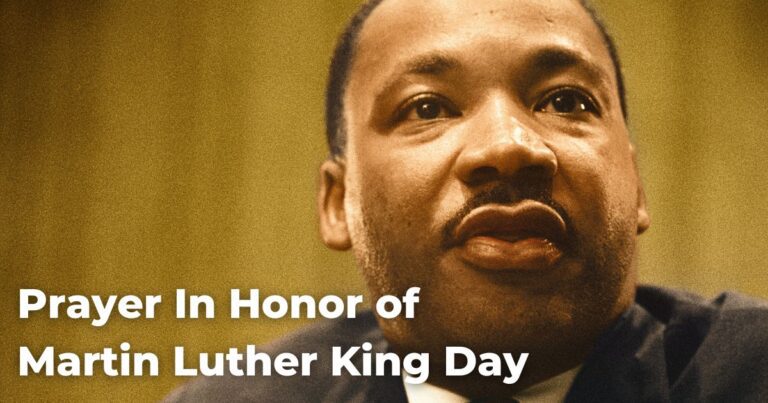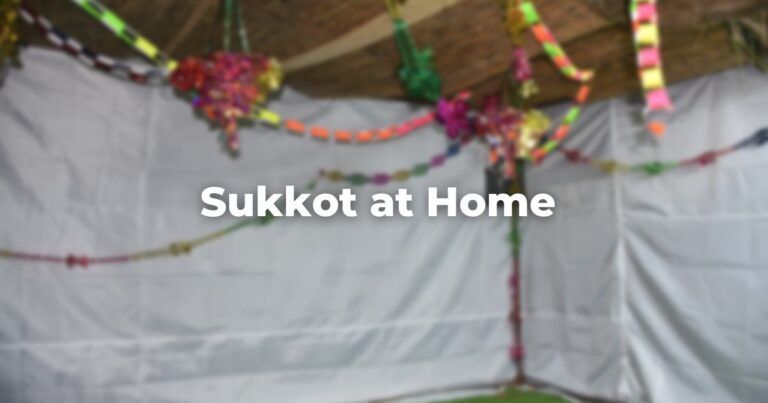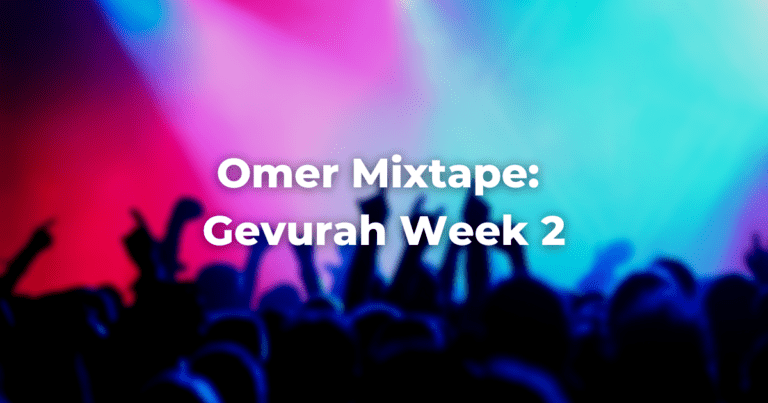Whether we’re live-streaming services from home or we’re just looking for different ways to bring the embrace of Jewish community home, the High Holy Days give us ample opportunity to bring the sacred even further into our homes.
Preparing for Rosh HaShanah
In the days before Rosh HaShanah, it is common practice to sound the shofar every morning, to awaken our souls into repentance and awareness.
If you have a shofar lying around the house, why not take this year to learn how to play? YouTube has some wonderful tutorials, but keep in mind that some of them have undertones from different faith traditions.
(See more: The Elul Channel: How To Blow Shofar, Conservative Synagogue Adath Israel of Riverdale)
This month of Elul that precedes the holidays is also a common time for embracing daily writing exercises, in reflection on the past year and hope for the coming year. It’s time to revive that journal that’s been sitting in your drawer for decades!
As the second day of Rosh HaShanah is traditionally celebrated with new clothing and seasonal fruit that you haven’t yet tasted this season, you may want to spend a few days before the holiday shopping for the delicious, the beautiful, and the comfortable.
Celebrating Rosh HaShanah From Home
Over Rosh HaShanah, many families celebrate by dipping apples in honey or by preparing other dishes with honey as an ingredient.
Be creative, as you culinarily invite your family into a sweet new year.
And of course, as both Rosh HaShanah and Yom Kippur involve both candle lighting and drinking wine or grape juice, these moments can be times for the family to offer blessings or messages of gratitude to one another.
Celebrating Yom Kippur From Home
While so much of Yom Kippur is spent in prayer, it is one of our holidays with the most clearly defined set of home rituals.
Before the holiday begins, we are encouraged to eat a festive meal, both acknowledging the positive anticipation of being relieved of our wrongdoings and comforting ourselves for the anxiety of the twenty-five hours to come.
Along with our holiday candles, if we are remembering loved ones, we light a memorial candle to acknowledge their presence, as well.
And as a final pre-Yom Kippur ritual, we traditionally bless our children before leaving the house. Yes, blessing children can include making phone calls from across the country!
For those who take on the mitzvah of fasting on Yom Kippur, the mitzvah also includes refraining from intimate relations, bathing, using skin or bath oils, wearing leather shoes, and working.
While so much of the day may be spent in prayer, you might also take a moment to gather with family and have the tough conversations you have been putting off for months or years. Yom Kippur alone cannot atone for wrongs committed between people, even for the little misdeeds that are bound to arise among those who spend the most time together.
Celebrating Each of These Holidays From Home
On each of these holidays, set up a designated personal prayer space within your home.
When it’s time to either come to synagogue or sit in that space, dress in the traditional white clothing that hugs the line between the joy of a bride and bridegroom and the fear of death.
In the past year, many of us have led lives that fall between that anxiety and excitement that comes with the blare of the shofar and the celebration of song.
Whether at home or in community, let us embrace this opportunity to discover more about ourselves and our community, to jump into the unknown year ahead with all the intention and courage we can muster!
L’shanah tovah!
Author
-

Rabbi Sydni is originally from Agoura Hills, California. Previously, she served as the Rabbi of Agudath Achim in Shreveport, Louisiana. She has also served as a spiritual leader and teacher at Jewish organizations such as Ohr Shalom Synagogue (San Diego, California), IKAR (Los Angeles), and B’nai B’rith Camp (Neotsu, Oregon). Rabbi Sydni especially enjoys teaching, learning, reading, writing, and chatting about Jewish approaches to self-care, the status of women in Jewish law, and Biblical notions of love of God. When she is not at Congregation Beth TorahRefers to the first five books of the Hebrew Bible, the Tanakh, also called the Five Books of Moses, Pentateuch or the Hebrew equivalent, Humash. This is also called the Written Torah. The term may also refer to teachings that expound on Jewish tradition. Read more, you may find her practicing yoga, playing piano, or enjoying the season's produce. You may also find her spending time with her husband and best friend, Rabbi Feivel, their son Shalom Zimri, and their dogs Buddy and Marbles.
View all posts






